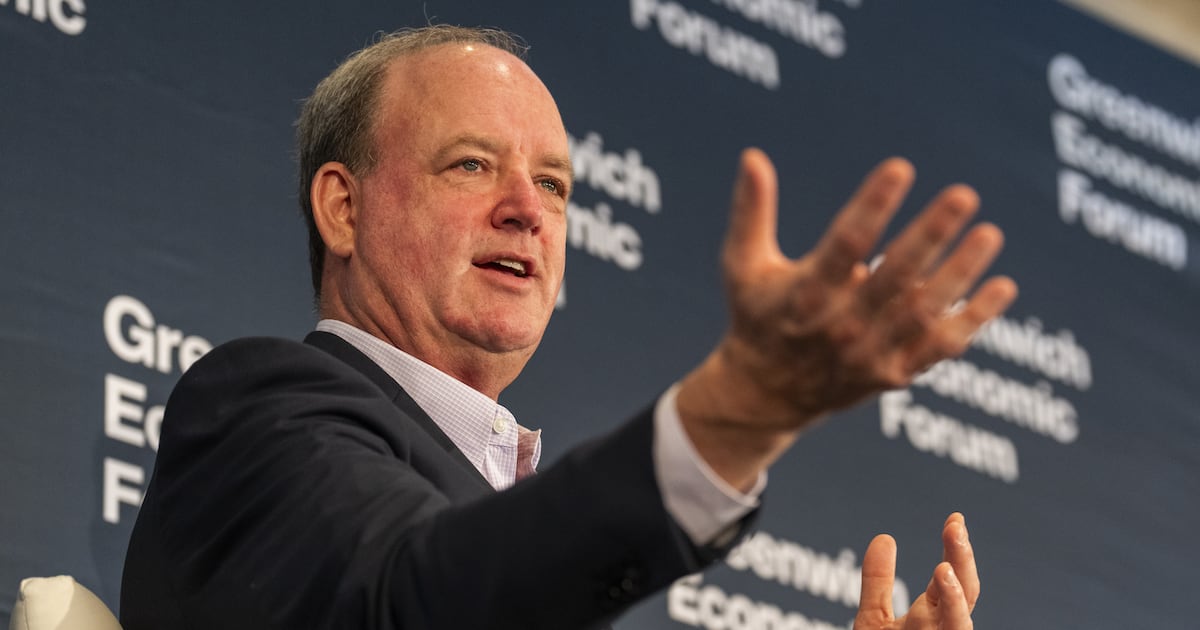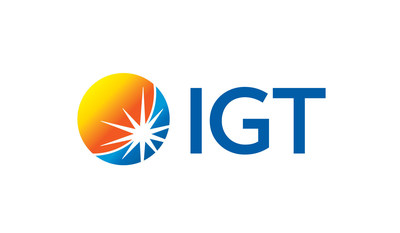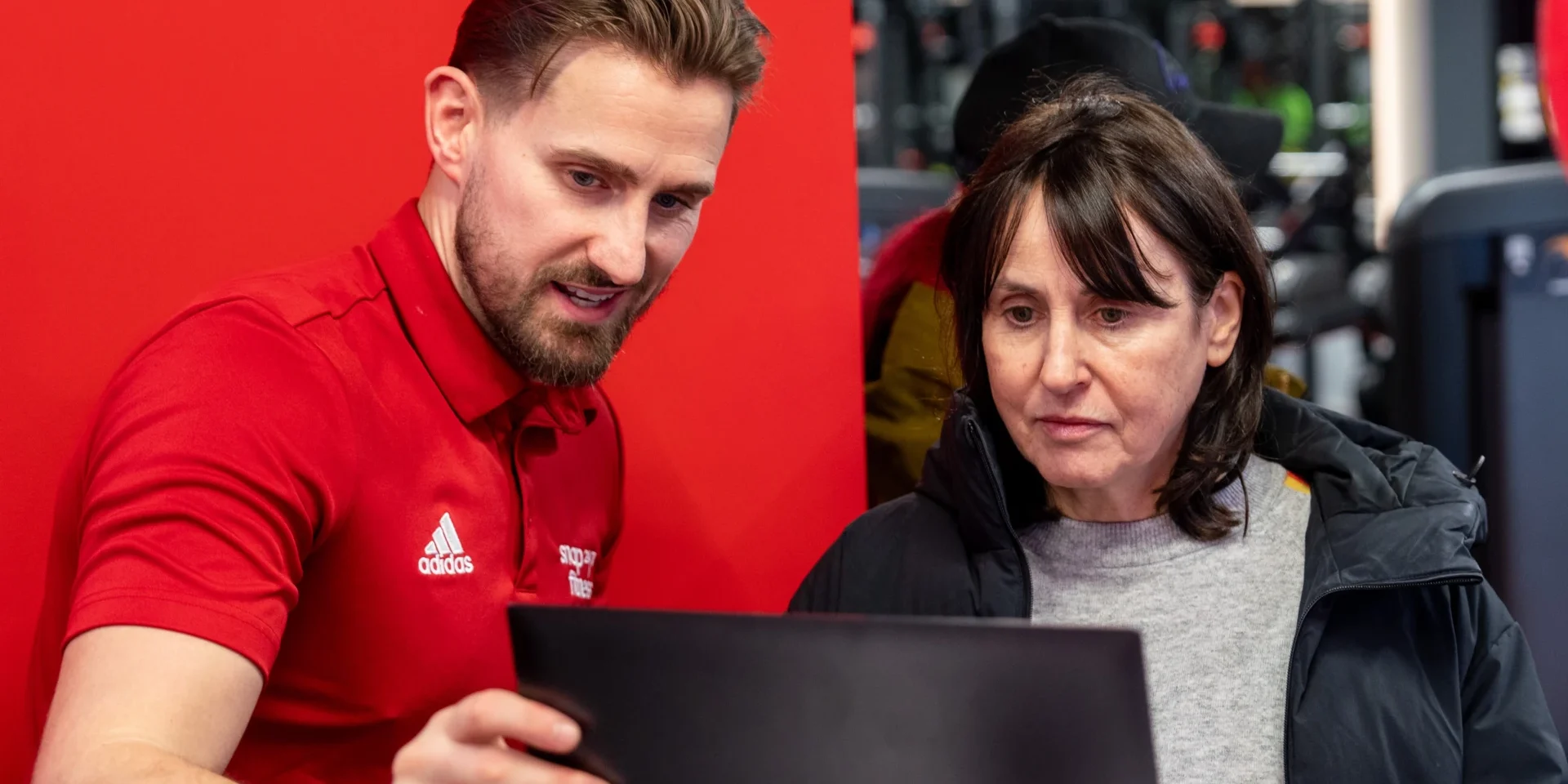
In April, renowned dealmaker Michael Klein told the crowd at SBJ’s World Congress of Sports that it was “a dramatic overstatement” to say institutional capital had flooded into sports, noting the industry still is dominated by individual investors while in other mature sectors “institutional dollars are roughly equal to 80% to 90% of the asset class.”
But that is quickly changing, as private equity firms continue to carve out stakes across the sports landscape, and recent months have featured an influx of new fund launches. Private equity principals tell Sports Business Journal that those efforts highlight the growing need for differentiation among private equity firms in the sector.
To be sure, the pace of investment activity should only accelerate, given the latest wave of capital formation for sports dealmaking.
Longtime sports executive Dave Checketts has teamed up with Utah’s Eccles family to launch Cynosure | Checketts Sports Capital, which plans to raise at least $1.2 billion.
Mark Cuban, Steve Cannon and Rashuan Williams are behind Harbinger Sports Partners, now raising $750 million to acquire minority team stakes.
In January, Ariel Investments rolled out women’s sports investment platform Project Level, which has acquired stakes in League One Volleyball and the NWSL’s expansion team in Denver. Though the fund has not disclosed a target size, Jason Wright, managing partner and head of investments, said it will be “a mix of growth equity, private equity and real estate return profiles.” Fund literature suggests it’s seeking minimum investments of $50 million.
Those newcomers are joined by existing sports investors pursuing new fundraising efforts, a group that includes Bruin Capital, a spokesperson for the company confirmed.
That’s to say nothing of the sports investment firms launched in recent years that continue to raise. According to recent SEC filings, Dynasty Equity Partners is nearly 40% of the way to its $1 billion target, while Velocity Capital Management is just over halfway to raising a planned $500 million debut fund.
The uptick in new sports funds flies in the face of broader trends, with the number of overall private equity fund launches dwindling in recent years.
In January, research from S&P Global revealed that just more than 1,000 new private equity funds debuted in 2024, less than one-quarter the number of funds launched during the highs of 2021. Global fundraising efforts have likewise stalled in that time, with fund managers raising a total $680 million last year, down 30% year over year and a nearly 40% decline from the high of $1.1 trillion raised four years ago.
“The recent proliferation of sports-oriented investment funds shows that the industry is ascendent and continues to attract more and more professional capital. This is a very good thing,” said Michael Spirito, co-founding partner of Sapphire Sport. “With that proliferation, however, comes even more competition for that capital base, both institutional and strategic. This is especially true in a macro environment, where early- to mid-stage private returns are taking longer.”
Sapphire Sport succeeded in raising an oversubscribed $181 million second fund a few years ago, and Spirito stressed the value of Sapphire’s differentiated focus on backing tech-enabled companies that can “enhance the sport and entertainment sector, but that also serve a broader audience.”
“Unless you have a very specific lens on what you’re investing in and the differentiators for you as a fund, then it’s actually a challenging [fundraising] environment.”
— Jason Wright, Ariel Investments, Project Level
The need for differentiation was echoed by numerous fund managers, most of whom noted that simply providing exposure to sports is no longer sufficient.
“Unless you have a very specific lens on what you’re investing in and the differentiators for you as a fund, then it’s actually a challenging [fundraising] environment,” said Wright, noting Project Level’s ambitions to bring new scale and operational expertise to women’s sports properties. “We are finding it’s a unique value proposition.”
Project Level follows Monarch Collective, which launched in 2023 as the first fund specific to women’s sports. That sharp focus helped it blow past an initial $100 million target, with the firm closing a $250 million debut fund in March.
Wright also noted the benefit of operating within Ariel and alongside its co-CEO and President Mellody Hobson, which “makes us not feel like a new fund.”
Few, if any, sports-focused private equity investors are more established than Bruin, which was founded by CEO George Pyne in 2015. Pyne wouldn’t comment on his firm’s current fundraising efforts, citing SEC restrictions around solicitation, but he said Bruin has long sought to stand apart from the crowd. That’s included a focus on international dealmaking: Bruin’s eight portfolio companies have some 4,000 employees across two dozen countries.
“The international footprint of Bruin is unique,” Pyne said. “And we’re in the growth capital sector of private equity. The size of companies we’re investing in, we open up markets for them, which is really valuable.”
Pyne added that Bruin pursues “bilateral” opportunities where the firm can craft bespoke opportunities without competition, noting Bruin has “never competed with the same company twice on a deal.”
The Chernin Group’s Greg Bettinelli likewise highlighted how a track record of hunting for unique investments can set funds apart. TCG, which is still investing out of its $1.3 billion third fund, has homed in on a subset of categories, including international fandom, storytelling and youth sports.
“Most, if not all, of our deals in and around sports have been ‘proprietary,’” Bettinelli said. “We developed the thesis, we built the relationships, we went and structured or put together the investments versus those investments being brought to us.”
Differentiation remains important even for established funds putting a new emphasis on sports. One example is Cordillera Investment Partners, the $1.8 billion private equity firm with a focus on niche, non-correlated assets that recently acquired stakes in the Professional Triathletes Organisation and Denver NWSL.
Co-founder and co-managing partner Ashley Marks said Cordillera is eyeing further opportunities in emerging leagues, women’s sports and ancillary businesses, such as sports law firms.
“We are looking more for the nooks and crannies within sports, and really being diligent on … finding areas that are pre-institutional and not overly dependent on the media aspect of things,” Marks said.
Chris Smith can be reached at crsmith@sportsbusinessjournal.com.





 Humanoid robots participated in a historic kickboxing match in Hangzhou, China, showcasing the integration of AI in sports.
Humanoid robots participated in a historic kickboxing match in Hangzhou, China, showcasing the integration of AI in sports.  These robots are controlled by human operators, highlighting the current blend of human skill and robotic technology.
These robots are controlled by human operators, highlighting the current blend of human skill and robotic technology.  The event underscores technological advances in AI, promising to revolutionize traditional sports and create […]
The event underscores technological advances in AI, promising to revolutionize traditional sports and create […]
 China’s investment in AI and robotics positions it as a leader in innovation, with implications reaching beyond just the realm of sports.
China’s investment in AI and robotics positions it as a leader in innovation, with implications reaching beyond just the realm of sports.



 Goal For Your Week: Automate Your SEO Strategy — Grow your podcast audience with SEObot! Automatically create SEO optimized blogs from episodes, boost Google rankings, save time and get more listens. Supports 50 languages. Turkish Airlines Series Podcast — A new travel & inspiration podcast launched by […]
Goal For Your Week: Automate Your SEO Strategy — Grow your podcast audience with SEObot! Automatically create SEO optimized blogs from episodes, boost Google rankings, save time and get more listens. Supports 50 languages. Turkish Airlines Series Podcast — A new travel & inspiration podcast launched by […]

















































